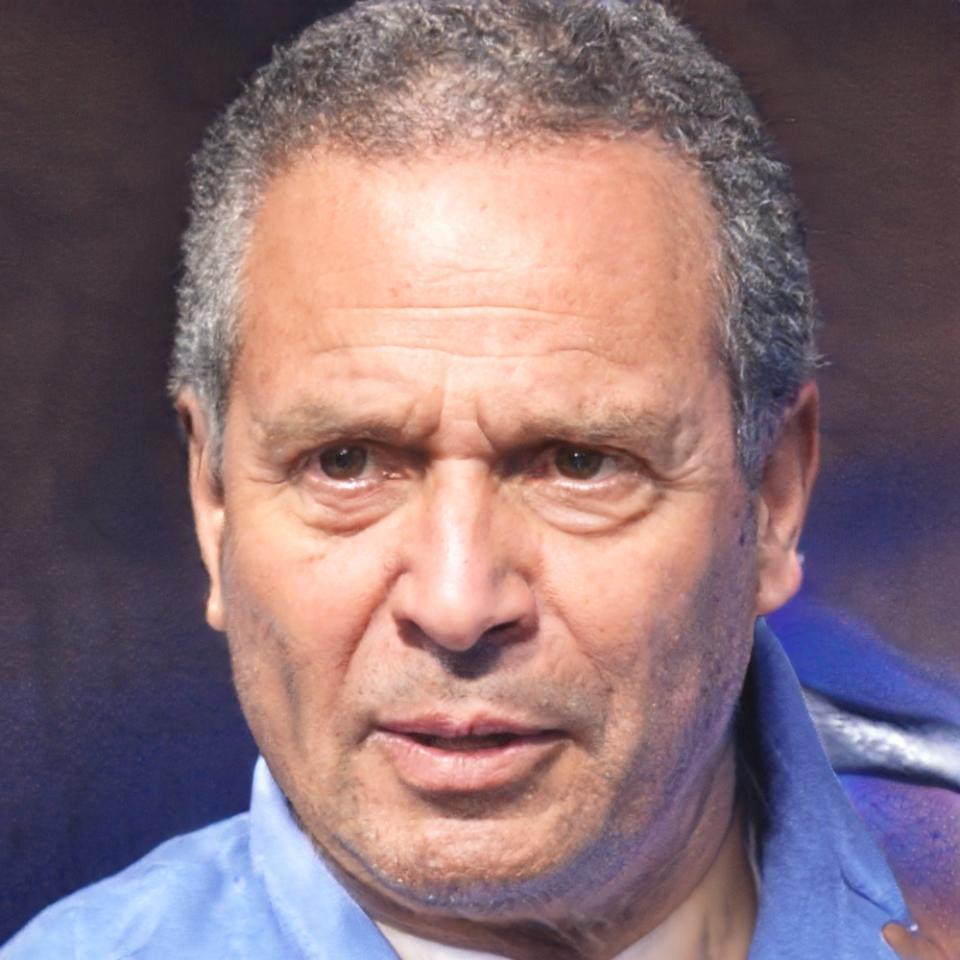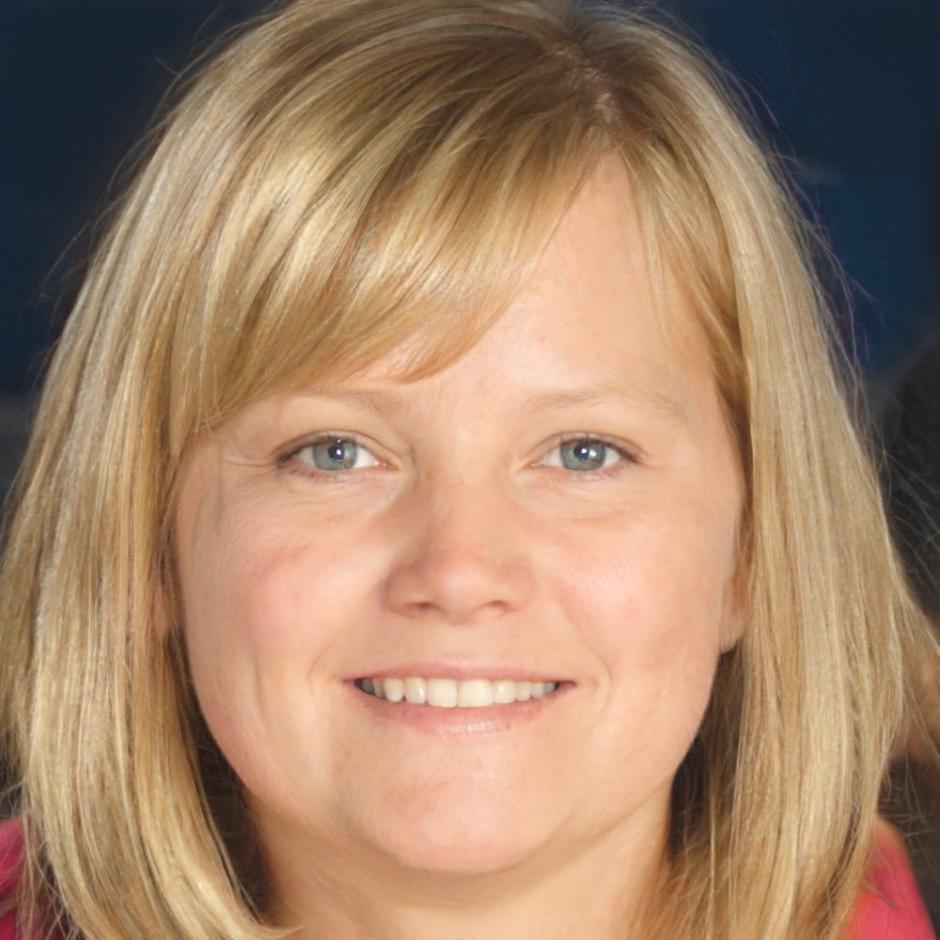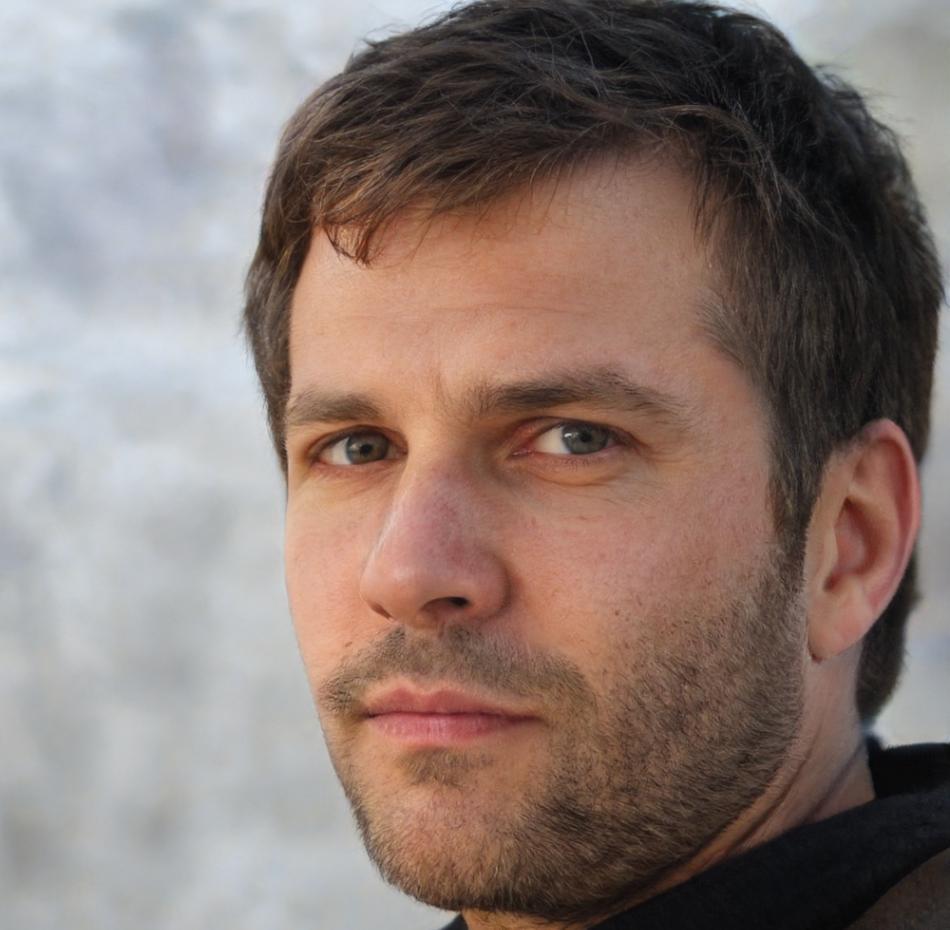Mobile App Development Program
We teach practical skills for building real applications. Our students work on actual projects from day one, learning through hands-on experience rather than theory alone.
Classes start in September 2025. Applications open in June.
Finding Your Starting Point
New to Programming
You've never written code before, or maybe tried a tutorial once. That's fine. We start with fundamentals.
Some Experience
You can write basic programs. Maybe you built a website or automated some tasks. You understand variables and functions.
Career Transition
You work in a different field but want to switch. Or you're a developer who wants to focus on mobile.
Not sure where you fit? We do a short assessment during the application process. Takes about 30 minutes and helps us recommend the right track.

Retail Inventory App Project
Last year, three students built an inventory management app for a local bookstore chain. The owner needed something simple for tracking stock across four locations.
They spent two weeks just talking with store employees. Understanding the actual workflow mattered more than jumping into code. The app they delivered handles barcode scanning, low-stock alerts, and transfer requests between stores.
The interesting part? They rebuilt the interface twice. First version worked but confused users. Second attempt focused on what employees actually needed during busy hours.

Community Events Platform
A student from our 2024 cohort wanted to help neighborhoods organize local events. She noticed how Facebook groups created chaos for event planning.
Her app lets residents post events, coordinate volunteers, and share resources. Simple idea, but the execution taught her about user authentication, real-time updates, and push notifications.
She made mistakes. First version had terrible performance with image uploads. She learned about compression and caching the hard way. Now the app runs smoothly and serves three communities in Taipei.
Who Teaches Here
Our instructors work on real projects outside of teaching. They bring current experience from their daily work into the classroom.

Oskar Lindqvist
iOS Development Lead
Spent eight years building banking apps before teaching. Still consults for fintech companies. Knows every iOS framework quirk because he's dealt with them in production.

Silje Dahl
Android Architecture Specialist
Worked on gaming apps that handle millions of users. Teaches performance optimization like someone who's fixed 3am production crashes. Patient with beginners, tough on sloppy code.

Dragan Novakovic
Cross-Platform Expert
Built apps for healthcare startups. Understands the trade-offs between native and cross-platform development. His review sessions focus on real-world decisions, not textbook answers.
How the Program Works
We break learning into phases. Each phase builds on the previous one. You can't skip ahead, but you can take breaks between phases if needed.
Foundation Phase
Months 1-2
Programming basics and mobile development concepts. You'll write code every day. Small projects help you practice what you learn. By the end, you understand how apps actually work.
Application Building
Months 3-4
Build complete applications from scratch. Navigation, data storage, API integration. Projects get more complex. You'll struggle sometimes, which is the point. Learning happens when things don't work the first time.
Advanced Techniques
Months 5-6
Performance optimization, testing, and architecture patterns. This phase separates hobbyists from professionals. You learn to write code that others can maintain and that performs well under stress.
Capstone Project
Months 7-8
Design and build a substantial app from idea to deployment. Work independently with instructor guidance. This becomes your portfolio piece. Some students work on their own ideas, others tackle challenges from local businesses.